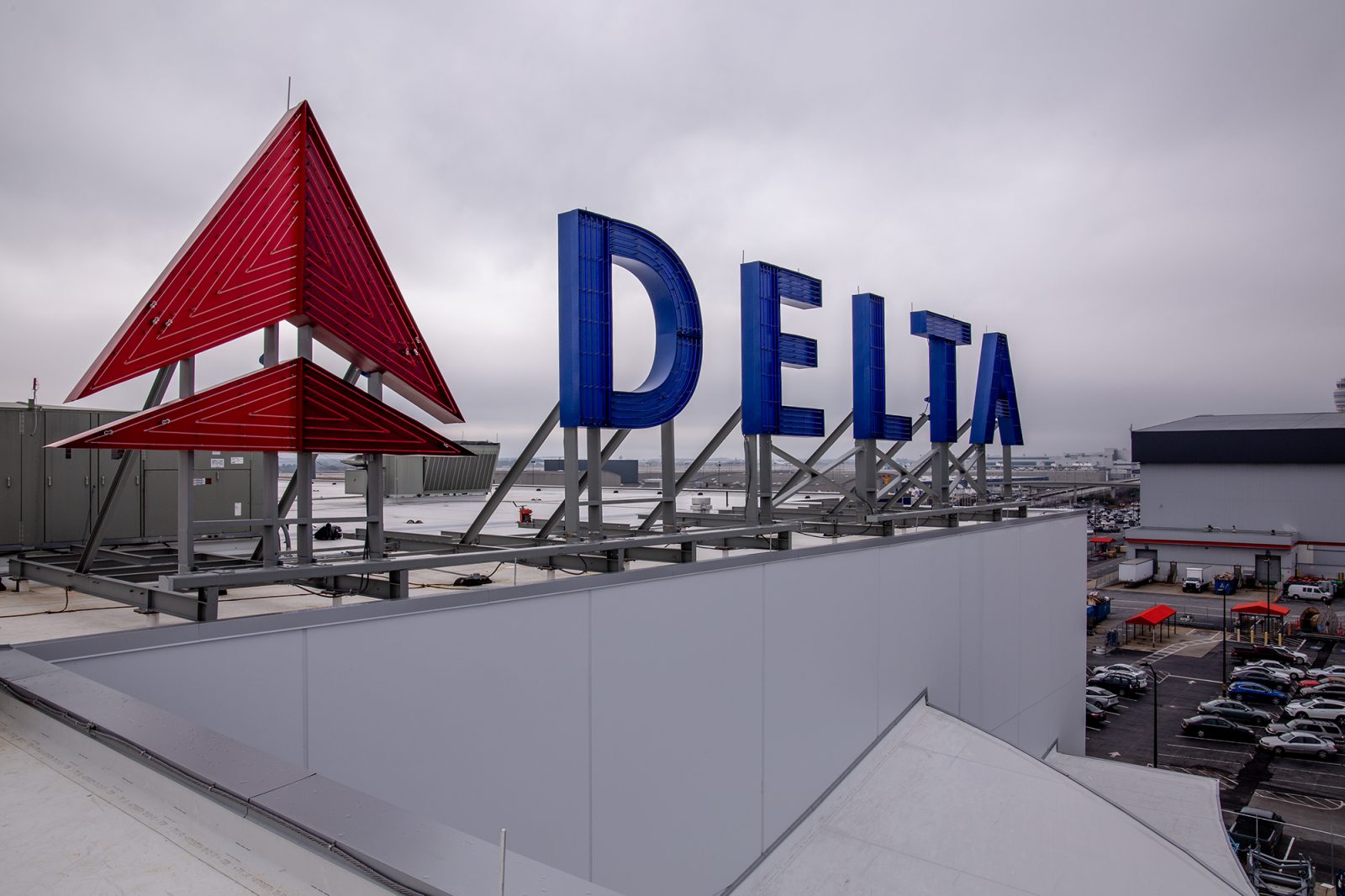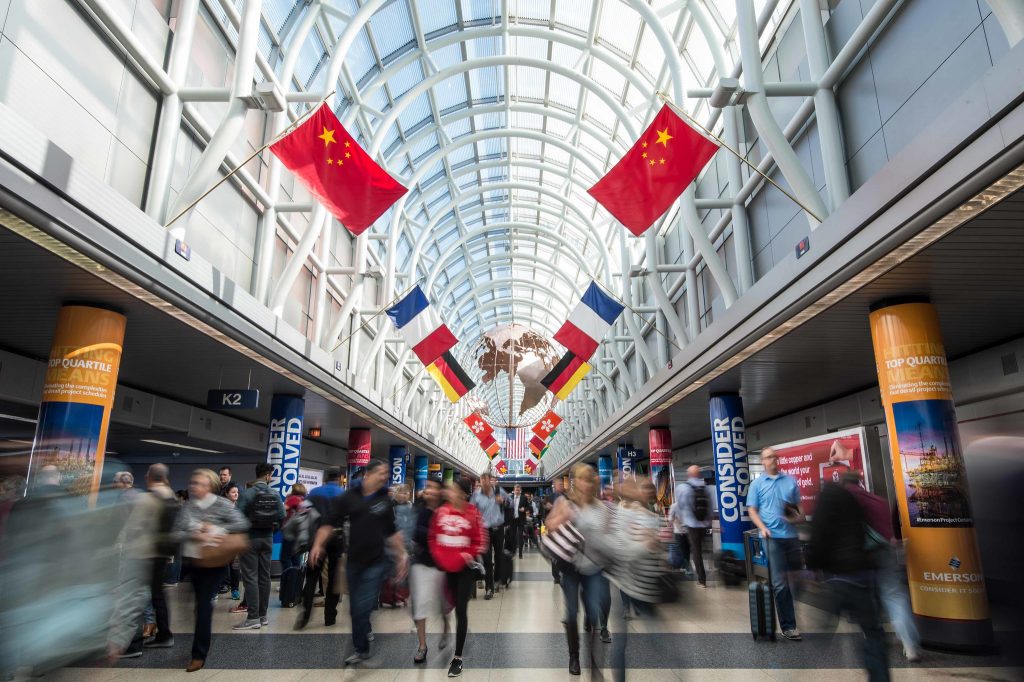
Delta Air Lines has been accused of being the primary voice in lobbying against the implementation of a new minimum rest rule for U.S.-based flight attendants. Last October, the Senate overwhelmingly passed the FAA Reauthorization Act of 2018 which not only secures funding for the Federal Aviation Administration but also contains a number of other initiatives including new minimum rest rules for flight attendants and other initiatives like studying technologies to combat contaminated cabin air.
At present, flight attendants are only guaranteed a minimum of eight hours rest between flights when their duty period for the day is less than 14-hours. Last year’s FAA Reauthorization Act bumped that minimum rest period to at least 10-hours which cannot be reduced for any reason. The rule change brings flight attendants in line with their pilot colleagues who have enjoyed 10-hours minimum rest since 2011.
Flight attendants had been fighting for years for the rule change which was championed by Congressman Peter DeFazio (D-OR) who is the Chair of the House Committee on Transportation and Infrastructure. The FAA should have provided airlines with an implementation period for the new rest rules which everyone expected to be within six months of the law being enacted – but today the minimum rest remains at eight hours with no sign of change coming soon.
The Association of Flight Attendants (AFA) led by firebrand activist Sara Nelson says the Trump Administration has “resisted” updating the rules while also claiming that Atlanta-based Delta Air Lines is “the primary voice in opposition to implementation of our new rest minimum”. AFA says Delta is arguing every means to delay implementation.

The record 35-day partial government shutdown has also delayed implementation of the Bill and with the worldwide grounding of Boeing 737 MAX aircraft, the FAA is struggling to keep up with the workload. That being said, there’s nothing stopping airlines abiding by the new rules ahead of official direction from the FAA, although no airline has shown any interest in doing that.
In fact, some flight attendants at United Airlines say their airline is trying sneaky ways of reducing rest even further. Under a confusing and little-known rule which is called a ‘Split Duty’, airlines can provide flight attendants with just three hours rest between flights in limited circumstances.
Essentially, what happens is that if a flight attendant operates one flight in the evening and is then given hotel rest of at least three hours, they can then be made to operate the first flight of the day back to base. The two flights count as the same duty period rather than two so the hotel rest is simply used to extend the maximum duty period the flight attendant can work.
There are very good reasons why an airline would want to make use of Split Duty but it’s unlikely to become a common occurrence. After all, airlines want to get their monies worth out of their employees – a flight attendant working just two sectors across two days is not the most optimal use.
While flight attendant rest requirements can vary massively from country to country, the rule change for U.S.-based flight attendants will bring them more on a par with their European colleagues. For years, cabin crew in Europe have benefited from at least 10-hours minimum rest between flights although mounting evidence now suggests that current rules to prevent fatigue amongst aircrew don’t go nearly far enough.
Mateusz Maszczynski honed his skills as an international flight attendant at the most prominent airline in the Middle East and has been flying ever since... most recently for a well known European airline. Matt is passionate about the aviation industry and has become an expert in passenger experience and human-centric stories. Always keeping an ear close to the ground, Matt's industry insights, analysis and news coverage is frequently relied upon by some of the biggest names in journalism.







